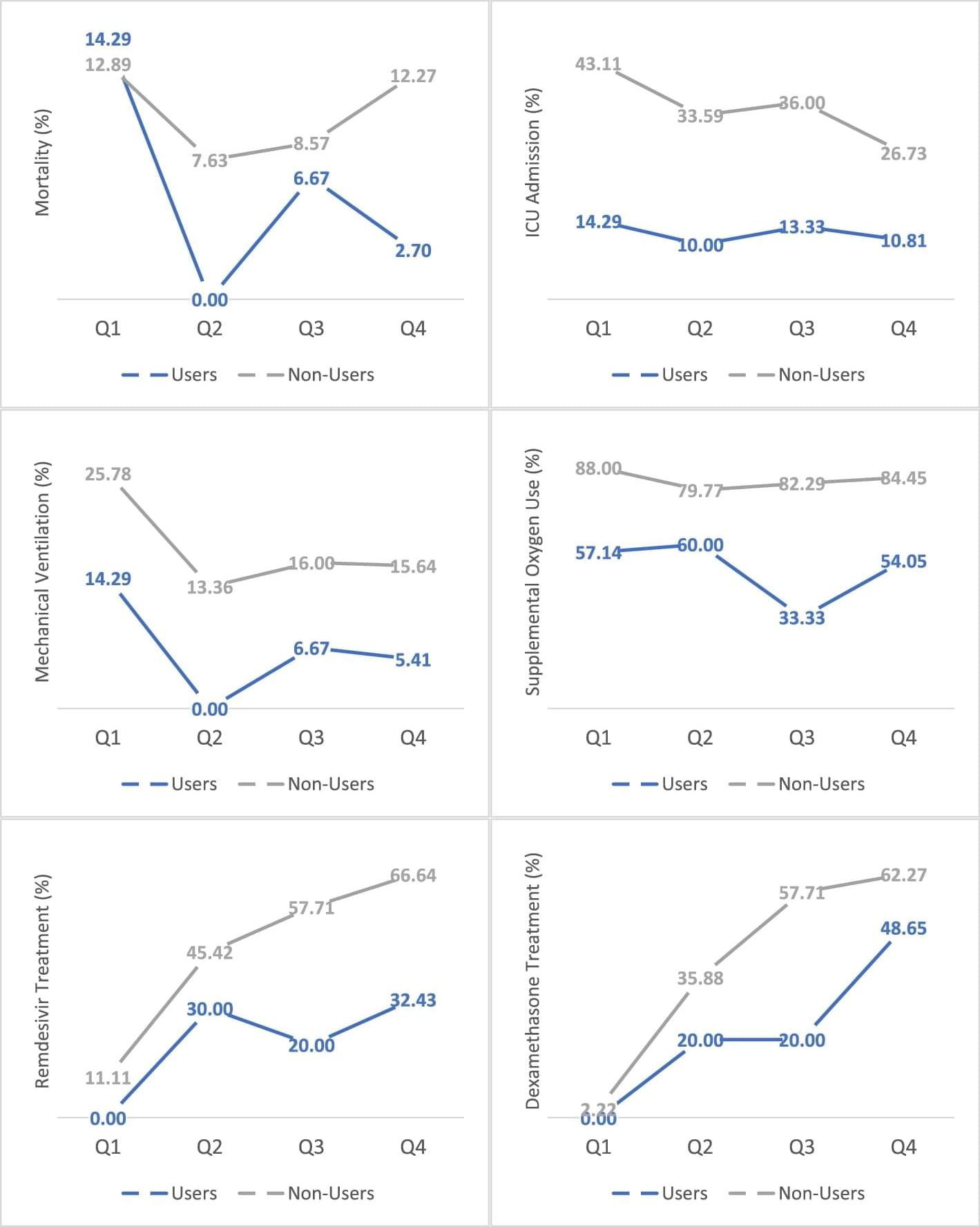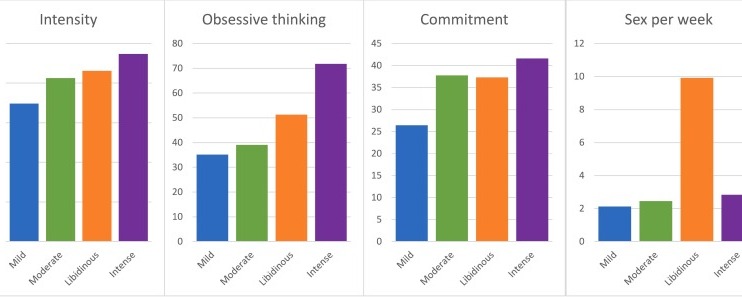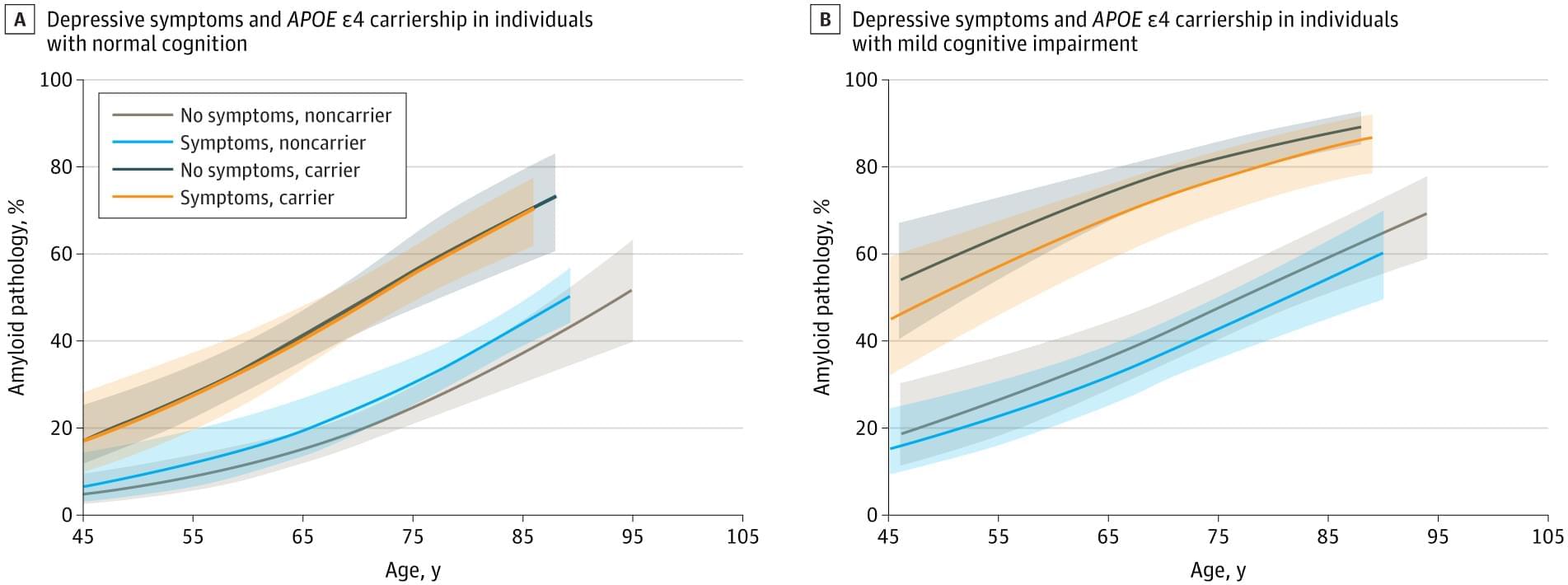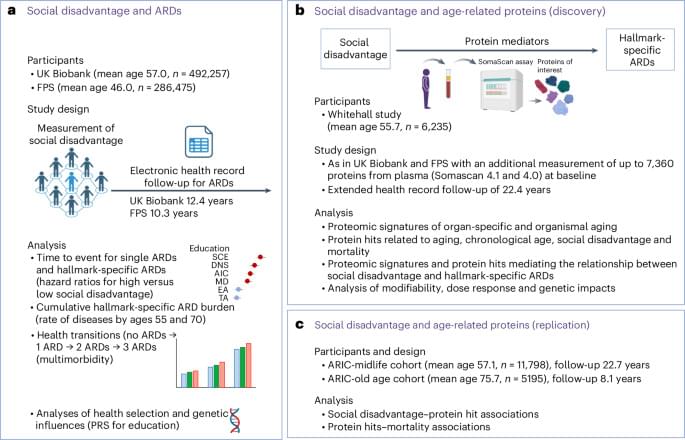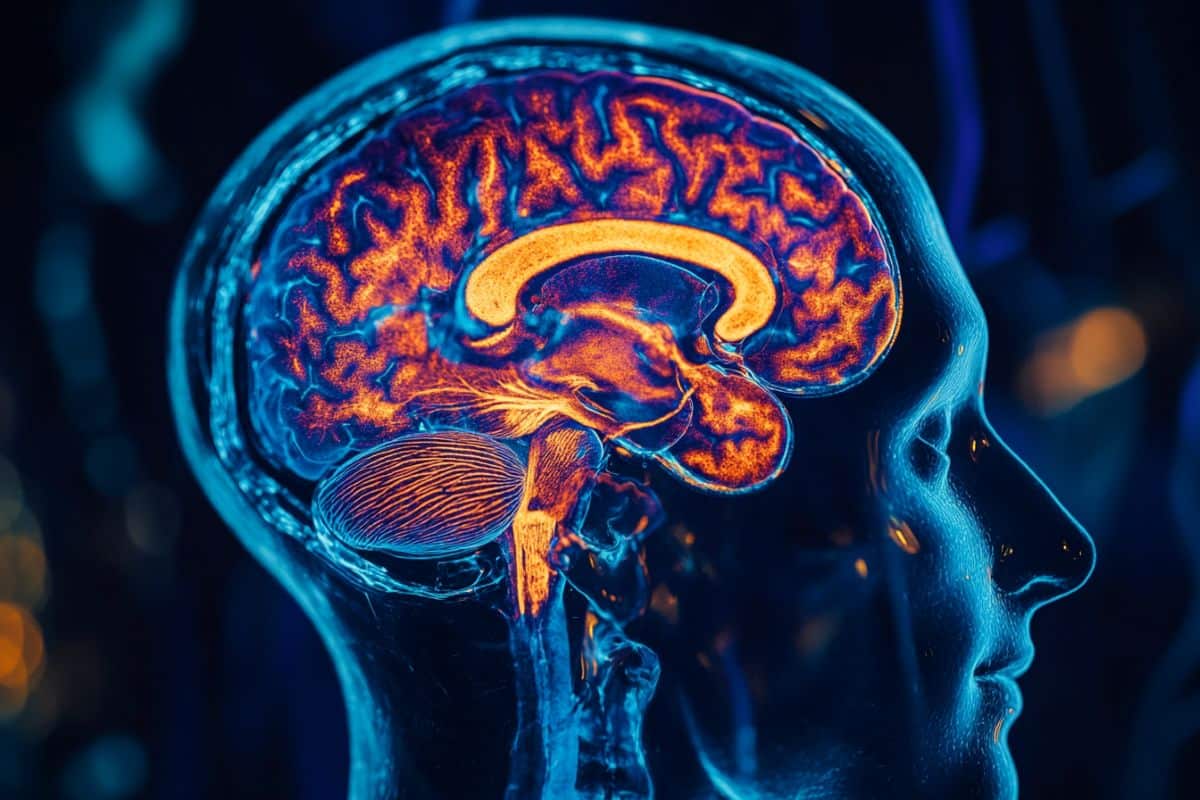If you need an excuse to turn off the laptop over the weekend or rein in overtime, scientists have found that working extended hours actually changes parts of the brain linked to emotional regulation, working memory and solving problems. While we know the toll that “overwork” takes physically and mentally, the precise neurological impact has not been well understood.
An international team of researchers including scientists from Korea’s Chung-Ang University assessed 110 healthcare workers – 32 who worked excessive hours (52 or more per week) and 78 who clocked less than 52 hours per week, or what would be considered closer to standard hours in the field. Voxel based morphometry (VBM) to assess gray matter and atlas-based analysis was then applied to MRI scans of each individual’s brain, identifying volume and connectivity differences.
When the scientists adjusted the results to account for age and sex, they found that, in the overworked cohort, the imaging showed a significant difference in brain volume in 17 different regions of the organ – including the middle frontal gyrus (MFG), insula and superior temporal gyrus (STG). Atlas-based analysis identified that, in the overworked individuals, there was 19% more volume in the left caudal MFG. The MFG – part of the brain’s frontal lobe – is the heavy lifter when it comes to executive functioning like emotional regulation, working memory, attention and planning, while the STG’s main task is auditory and language processing. The insula, meanwhile, is key in pain processing and other sensory signaling.


